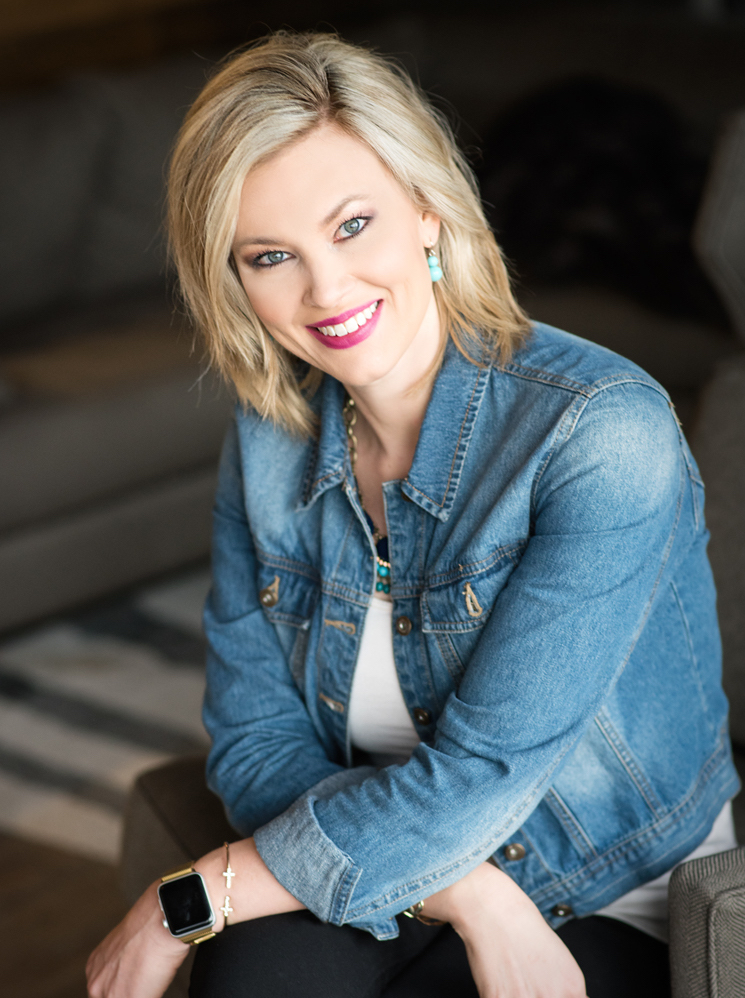For many years as a hiring manager, I remember feeling the burst of excitement when receiving a brilliant resume. In a tight job market, the thrill of possibly finding “the one” – a matching candidate to my dire work needs felt like uncovering a diamond in the rough. I couldn’t get the candidate in for an interview fast enough (is today too soon?)! And as the candidate, I’m sure they were equally as thrilled to be moved along so quickly in the interview process.
Sitting across from a potential employee, hopes sky high, nothing would switch my decision from “hired” to “not qualified” faster than these two behaviors. Sadly, many brilliant, highly qualified candidates overlook these as they prepare for the interview.
They Don’t Answer The Questions
As a leader, I carefully evaluated what I was looking for in a new employee. I created questions that would reveal to me how a candidate would behave in frequent work situations. I was looking for certain experiences and problem-solving skills, and thus, I asked questions with a purpose. The first indicator that I wouldn’t move a candidate to the next step is they responded to the questions I asked, but they didn’t answer the questions. As humans, we can fall into the trap of responding to people by telling them what we think they should know. Job interviews are no different, we prepare one story, and come ready with that story. A candidate’s inability to answer the question I asked revealed their inability to be a good listener and identify the correct solution for a problem. Here are two tips to help you answer, not just respond, brilliantly to interview questions.
- Listen to the question. Simply repeating or rephrasing the question can not only help you use the mental time to collect your thoughts and allow a story to emerge, but also keep you focused on what expertise you’re being asked to provide. Answer with a clear example or a concise story that demonstrates you hear the opportunity, and your skills can overcome the problem.
- Keep a record. Keep a running list of projects and examples of various achievements, problems solved, and obstacles overcome in your career. Review this list before your interviews and you’ll be more likely to recall the best example that matches the skills the interviewer is looking for. While it’s tempting to forget, keep a list of your failures and what you learned from them.
They Can’t Account for Failures
A question I often asked to assess a person’s individual level of accountability was to tell me about a failure they experienced. I quickly would follow up with, “And tell me what your part in that was.” First, I was hoping they would actually tell me about a failure because we all fail. If they couldn’t think of one, it often insinuated they weren’t willing to admit it or they placed responsibility for the failure on other people. This leads to the second part of the question – I want to hear what their part in the failure was. Why is owning your part in failure so important?
- Taking ownership of our part in failure is the birthplace of continuous growth and learning. Highly accountable people can accurately account for their results – their actions, successes, and failures as to how they arrived at their current state. It’s how they know if they should stay the course or pivot their approach.
- Step into the power you already have. Blaming your boss, your co-workers or your project resources for your lack of success communicates to hiring managers that you are the victim of your circumstances. Accountability is the mindset that results happen because of you, and not in spite of you, and is a key behavior great leaders seek to hire.
Honing these skills is a key way to differentiate yourself in the interview process. As a leader, I’ve hired the tuned in, highly accountable and resilient candidate who I could count on to own their continuous learning and growth time and again over the candidate who walked in with the best resume. And the results? Hiring for these skills led to better results, collaboration and innovation than hiring for brilliance alone.
Step into the creativity that challenges bring with this reflection/journal prompt: What are two ways owning your part a failed project helped you tap into your creative problem solving skills?


